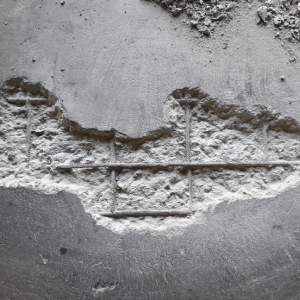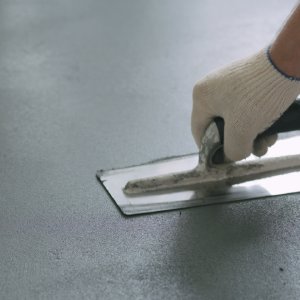Concrete Repair Guidance

Concrete is a durable and long-lasting building material, but over time it can become damaged or deteriorate. Whether it’s due to age, weather conditions, heavy traffic, or poor installation, concrete cracks and chips are common issues that need to be addressed. In this article, we will explore the different methods of repairing concrete and how you can ensure your surfaces remain strong and intact for years to come.
Identifying Damage
Before diving into repair solutions, it’s important to first identify the type of damage your concrete surface has sustained. Common signs of deterioration include cracks (both hairline and larger), spalling (flaking or chipping), potholes, and discoloration. Understanding the extent of the damage will help determine the best course of action for repairs.
Methods of Repairing Concrete
1. Patching: For minor cracks and chips in concrete surfaces such as driveways or sidewalks, patching is a simple and cost-effective solution. This involves filling in the damaged areas with a specialized concrete patching compound that matches the color and texture of the existing surface.
2. Resurfacing: If your concrete surface has widespread cracking or pitting but is still structurally sound, resurfacing may be a viable option. This entails applying a thin layer of new concrete over the existing surface to create a smooth finish.
3. Injection Grouting: For more severe structural damage like large cracks in walls or foundations, injection grouting can provide added strength and stability by filling voids within the concrete with an epoxy resin.
4. Replacement: In cases where extensive damage has occurred or if sections of concrete are beyond repair, replacement may be necessary. This involves removing the damaged area entirely and pouring new concrete in its place.
Preventative Maintenance
To extend the lifespan of your concretes surfaces and minimize future repair needs:
– Seal cracks promptly to prevent water infiltration which can cause further damage.
– Regularly clean debris from surfaces to prevent staining.
– Apply a protective sealant every few years to maintain durability.

Hire a Professional
By understanding how to properly identify different types of damage on your concrete surfaces and utilizing appropriate repair methods based on their severity, you can effectively prolong their lifespan while maintaining their aesthetic appeal. If you’re unsure about how best approach repairs on any specific project, it might wise consider hiring professional contractors who specialize in handling these types projects efficiently!
Concrete repair made easy through Tyler TX Concrete Contractor. Visit us to explore all the unique possibilities at Tyler Concrete Services! Want to gather information, inspiration, and guidance for a project? Check out our Blog: All About Concrete. And, if you have any questions, Contact Us At Concrete Tyler TX!
[…] concrete floors require minimal maintenance but do benefit from regular cleaning and sealing to protect against wear and tear. With proper […]
[…] poured driveway may be the best choice if you prioritize durability, longevity, appearance, low maintenance requirements,and weather resistance. Consider these factors when deciding on which material will best suit your […]
[…] conclusion, investing in a concrete retaining wall offers numerous benefits such as durability, low maintenance requirements, customizability, and increased property value. Hiring professional contractor for pouring your […]
[…] design, staining techniques can be employed to create one-of-a-kind patterns or artwork on the surface of the concrete. This artistic touch adds personality and charm to any property while showcasing […]
[…] of the biggest benefits of concrete patios is their low maintenance requirements. Unlike wooden decks that require regular staining and sealing, concrete patios simply need […]